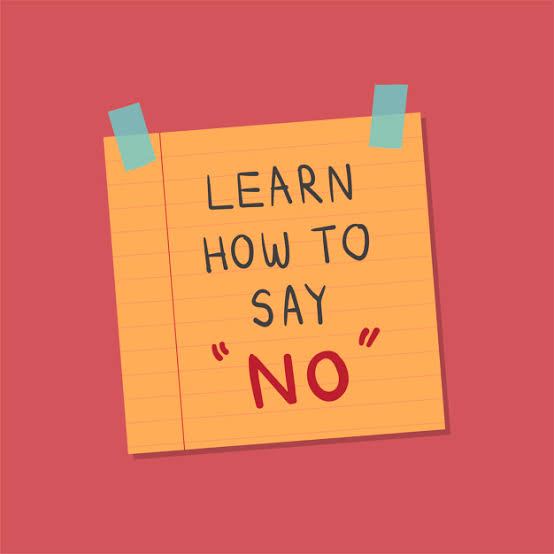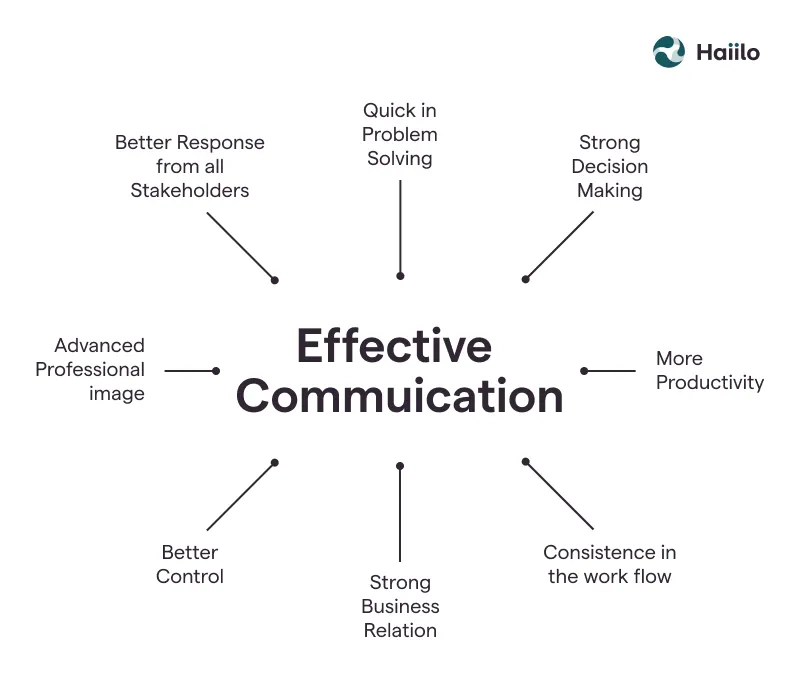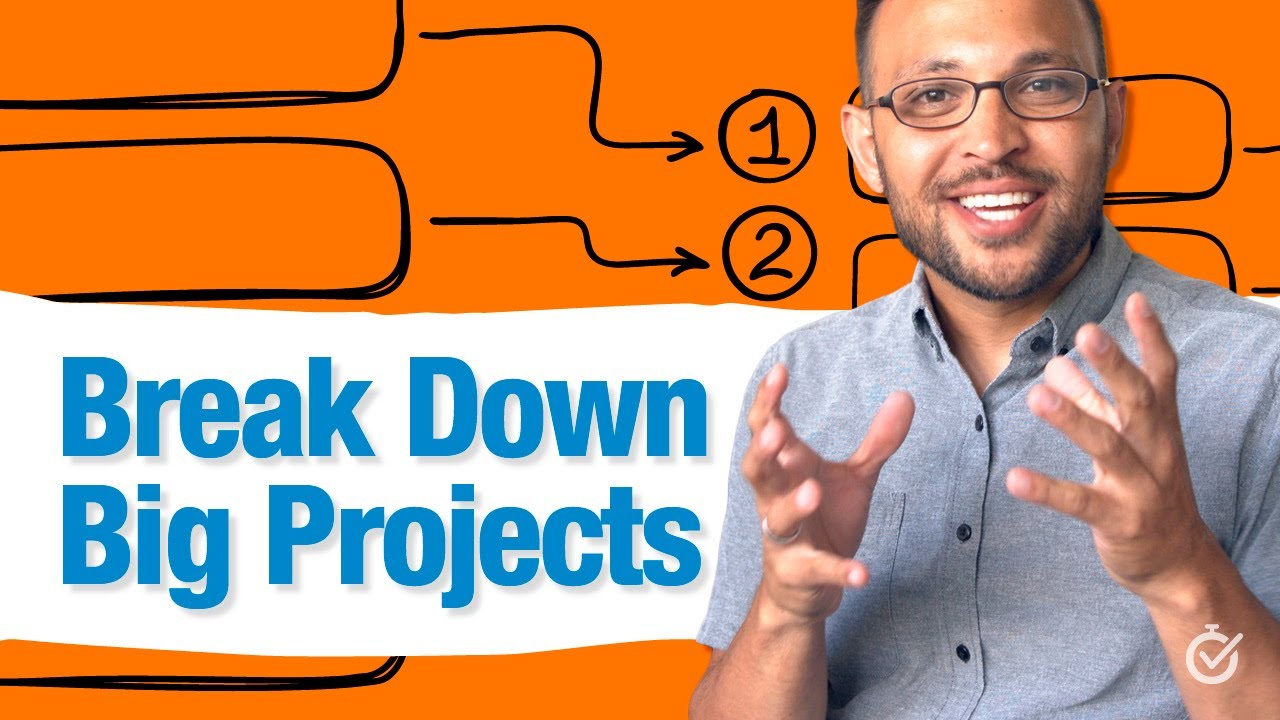Learning to Say No
Learning to say no is an important skill that many people struggle with. It is often difficult to decline requests or opportunities because we fear disappointing others or missing out on something. However, saying yes to everything can lead to feeling overwhelmed and stressed. Here are some tips to help you learn to say no:
1. Assess your priorities
Before committing to anything, take a moment to assess your priorities. Think about whether the request aligns with your goals and values. If it doesn’t, it’s okay to decline. Remember, you can’t do everything, and it’s important to focus on what truly matters to you.
2. Be assertive and respectful
When saying no, it’s essential to be assertive and respectful. Clearly communicate your decision without feeling the need to justify or apologize excessively. Use “I” statements to express your feelings and explain why you are declining the request. For example, you can say, “I appreciate the opportunity, but I am currently overcommitted and need to prioritize my existing responsibilities.”
3. Offer an alternative
If you genuinely want to help but cannot commit to the specific request, offer an alternative solution. Suggest someone else who may be able to assist or propose a different way to contribute that aligns better with your availability and capabilities. This demonstrates your willingness to support while still maintaining your boundaries.
4. Practice self-care
Learning to say no also involves taking care of yourself. Understand that it’s okay to prioritize your well-being and mental health. Overcommitting can lead to burnout and decreased productivity. By setting boundaries and saying no when necessary, you can ensure that you have the time and energy to focus on what truly matters to you.
5. Reflect on your progress
As you practice saying no, take time to reflect on your progress. Acknowledge and celebrate your successes, no matter how small they may seem. Remember that learning to say no is a process, and it’s okay to make mistakes. With time and practice, it will become easier to set boundaries and make decisions that align with your priorities.
In conclusion, learning to say no is a valuable skill that allows you to prioritize your time and energy effectively. By assessing your priorities, being assertive and respectful, offering alternatives, practicing self-care, and reflecting on your progress, you can become more comfortable with declining requests and opportunities that do not align with your goals and values.


